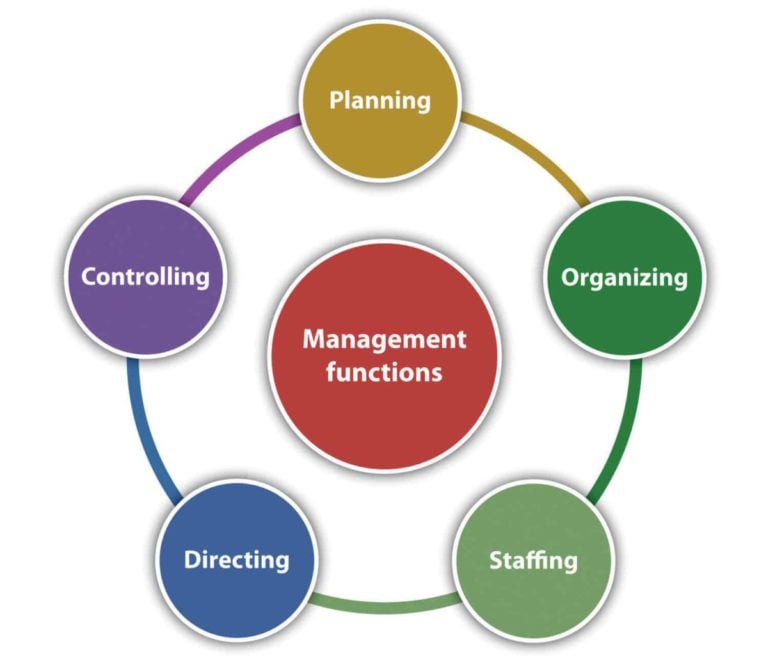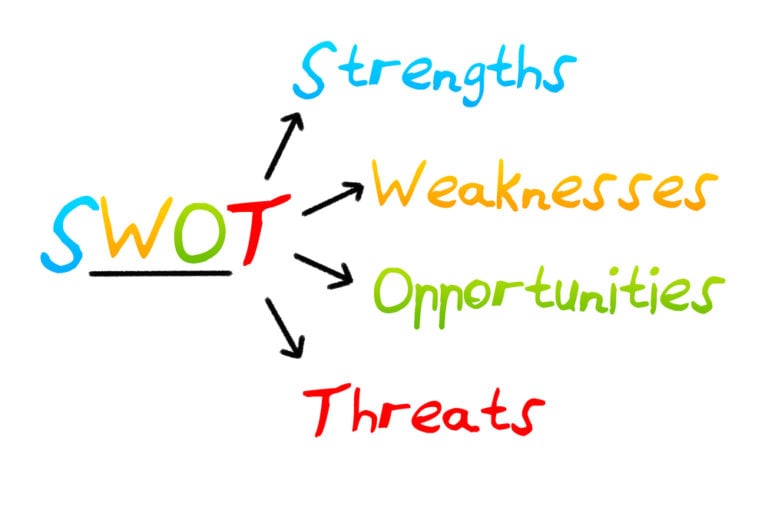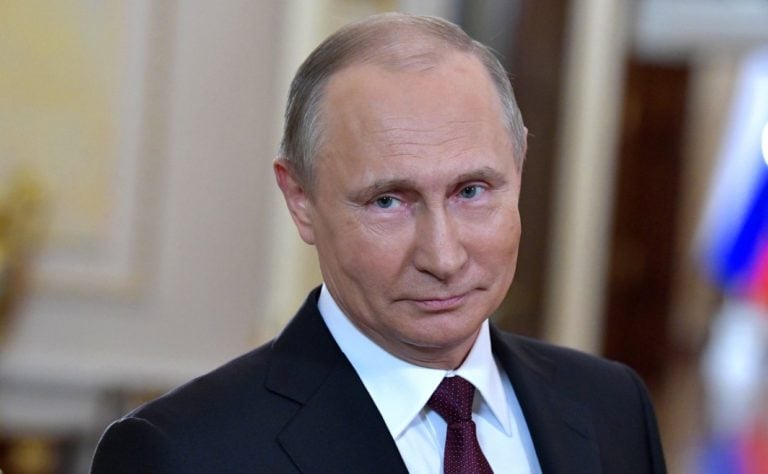For most people, the word manager means leader or manager. If we turn to the origins, namely the English word management, then its translation will be “administer, manage, manage.”
- Main goals and objectives of management
- Types of management and their classification
- The main components of management: concepts and definitions
- Models and principles of management
- What is a successful manager?
- 7 golden rules of a successful manager
- Where can I learn management?
- Outstanding managers in human history
- Steve Jobs
- Yoon Jung Young
- Alexey Miller
- Interesting facts about management
The main criterion of management is the management of people.
This term is not the only one, since the concept itself, like the types of management, is quite broad. There are the following types of management:
- Profession “manager”.
- Direct control process.
- A scientific discipline.
- The structural unit of an organization.
- The art of leading a group of people.
All these types of management are not mutually exclusive, but complement each other and follow one from the other in a logical way. There is another classification of management, which is formed on the basis of functions. What relates to the functional types of management will be described below in the form of a separate classification.
Main goals and objectives of management
Goals and objectives of management are divided into strategic and tactical. In some sources, they are called local and global.
Global (strategic) goals are focused on a long process, which can be calculated over several years, and sometimes decades.
Local (tactical) have a shorter duration. These are momentary things that are carried out to achieve global goals. Thus, the global goal is what the company (country, any other organization) seeks to achieve, and the local goal is how it will achieve this.

Tasks are divided in the same way. At the same time, the task is a small goal, that is, the latter are achieved through the implementation of the former.
So, the goals of management in a global sense:
- development of the company, maintaining the existing market, and ideally – expanding the sphere of influence;
- obtaining final results that will be characterized by growth and profit;
- financial and operational stability of the enterprise;
- forecasting risks and successfully overcoming them;
- maintaining the efficiency of the organization.
Accordingly, the tasks are formed based on the analysis of the work and points of development of a particular organization.
Types of management and their classification
Based on the nature of the organization’s activities, the management process is formed by the existing specifics. There are 7 main types of management:
- Industrial;
- Financial;
- Strategic;
- Investment;
- Risk management;
- Informational;
- Eco.
Each type of management and its characteristics are presented below. Large corporations may include all types or part of them in the management process. It is logical that one manager in a large corporation will not be able to cover all types of activities, or rather, what it is formed from.
Production management
Production management refers to the management of any commercial organization, the purpose of which is profit from the production of goods or the provision of services.
The main goal of such an organization is the sale of services and goods that will be competitive in the market.
In this case, effective management is based on correct strategic forecasts, competent organization of the production process and a logical innovation policy. No enterprise will develop if it uses the old standards of work, innovations are always needed.

The manager who manages production solves the following tasks:
- permanent monitoring of the workflow, timely detection of failures and their elimination;
- optimization of the quantity of output;
- monitoring the correct operation of the equipment and maintaining its performance;
- prevention of conflict situations and prompt resolution of conflicts that have arisen;
- taking into account the interests of employees, controlling resources, maintaining discipline.
A smart manager sees the real opportunities of his organization, as well as growth points, and on the basis of this he calculates a strategy that will ensure the implementation of his goals.
Financial management
Financial management manages the company’s financial flows. Here it is important to analyze income and expenses, rationalize the distribution of money within the enterprise, and form a financial policy that will lead to income growth. Obviously, the global goal is to increase profits and prevent bankruptcy.
How will these goals be achieved:
- cost optimization;
- assessment of financial risks and their minimization;
- accurate assessment of financial prospects;
- ensuring the profitability of the company;
- Problem solving in moments of crisis.
Strategic management
In this case, the manager is engaged in the development of a development strategy, as well as its implementation and monitoring of implementation. Strategic management can affect different areas – improving the quality of products, increasing the professionalism of employees or developing personnel, and others.
Obviously, based on a specific strategy, various methods are used that are most suitable in this area. The essence of strategic management is that it must develop an action plan, and then begin to successfully implement it.
Investment management
The investment manager deals with the issues of attracting investments and their distribution within the company.
The task of investment managers is to attract new people with resources, and this requires a ready-made investment plan that may be of interest to potential investors. After receiving the necessary investments, the task of controlling the expense that came from outside the budget remains with this manager and partially passes into the area of financial managers.
Risk management
Any activity, especially commercial one, is always associated with the risk of financial losses.
The task of risk managers is to identify possible points of decline and compare them with the planned profit. If the profit is greater than the loss, then a decision is made to move in this direction. In some cases, risk managers look for ways to avoid or minimize these risks.
- identifying risks and assessing the extent of their consequences;
- develop risk management mechanisms;
- development and implementation of a strategy to minimize losses from risks;
- continuously evaluate existing strategy and make adjustments as needed.
Information management
Information management is currently based on IT technologies.

The task of managers is to receive, process, analyze and redistribute information. In addition, the scope of this direction of management includes all document flow, office work, communication with external sources, as well as with company employees.
Environmental management
Any company, one way or another, is controlled by the laws of the country in which it is located.
If we are talking about production, then there is a separate structural unit of environmental managers who are involved in the development of an environmental strategy for the protection and protection of the environment. Their task is not only to protect the environment from the harmful effects of production, but to make it itself as environmentally friendly as possible.
The main components of management: concepts and definitions
In this paragraph, it will be considered – what does management consist of, what are its functions. The concept and classification of management methods, as well as existing management models, will be considered.
Subjects and objects of management
The subject is the person who carries out the activity. The object is to whom the activity is distributed. In the case of management, directly the manager or leader are subjects, and subordinates, goods, services, finances are all objects of different types of management.
Functions and methods of management
There is a management cycle, which, in fact, is the functions of management:
- Analysis of activities.
- Goal setting.
- Formation of an action plan (tasks). At this stage, possible risks are assessed.
- Work organization.
- Control activity. There are several types of control – intermediate and final. An intermediate one is needed in order to see at certain stages everything goes according to plan or not, if not, then adjustments are made. Intermediate control is needed in order to leave time for maneuver. The final control evaluates the result. Nothing can be changed here, but you can take into account the mistakes made and correct them when setting the following goals and creating a plan for them.
Some refer to the functions of management as motivation and coordination, which are further subdivided into several subspecies.
The classification of management methods occurs on the basis of influence on the object and on who acts as it. Methods are divided into three types:
- Economic – regulation of the activities of the organization by the state or market relations. The object is the organization itself.
- Administrative are direct action methods. The object is employees, the influence is carried out through sanctions or incentives for employees (most often financially).
- Socio-psychological – moral stimulation of employees. The object is employees, the method of influence is non-material motivation (career, recognition as an employee of the month, extra days off, etc.).
Models and principles of management
Modern management is an area of professional activity, one of the basic disciplines of education. An understanding of management models and principles is necessary to create a successful management model.
Management models
The set of ideas that form the basis of management form a management model. It may vary depending on the geographical location, religious beliefs or political situation. It is customary to distinguish four types of models:
- Asian;
- Western is divided into American, German and English;

The Asian model is characterized by:
- Mutual trust and understanding between the head of the company.
- High level of staff education.
- Orientation on employees’ trust in management.
- Awareness of the contribution made to the common cause.
Naturally, the Asian model is not universal for all Asian countries and management models may differ among themselves among different peoples and even within the same country, but different companies.
Western model:
- Employees are not dedicated to their work and will not hesitate to change companies with a better offer.
- The decision is made by management without the involvement of middle or lower managers.
- Business and personal relationships are strictly separated.
It should be understood that there is no single correct management model and it all depends on a particular organization or company. In general, the management model primarily affects the efficiency of the enterprise’s economy.
Management principles
Management, as a scientific discipline, has identified several principles of management as a management process that can make it efficient and of high quality.
- Division of labor – each employee performs strictly the functions that he is supposed to perform according to his position.
- Each employee is responsible only for the work that he personally performs.
- Employees are subject to certain regulations, deviation from which must be suppressed and punished by managers.
- Orders to employees should be given by one boss.
- The interests of the team and the organization must always take precedence over the interests of the individual employee.
- Loyalty to the company should be appropriately rewarded.
- Order in the workplace and in the team.
- Fairness to employees. Only under the condition of absolute honesty is a team dedicated to the company formed.
- Initiative should be rewarded.
- Corporate spirit is the key to the unity of employees and work in the name of a common goal.
What is a successful manager?
Based on the foregoing, it turns out that management as a type of professional activity is the art of managing people. The foreman at the construction site, the teacher in the classroom, the director of the store are managers. These positions are at the lowest level. They are called line managers.

In addition, there are middle managers and top managers. Logically, middle managers manage line managers, and they themselves report to top managers. The activities of the latter are regulated by the board of shareholders, the general director or the owner of the company.
In order to become a successful leader, you need to adhere to the 7 golden rules and possess several qualities that are important for subordinates. These include awareness, reliability, fairness, loyalty to one’s words, openness to communication with subordinates.
7 golden rules of a successful manager
- A leader of any level must have healthy relationships, both with subordinates and with management. One should be sincerely interested in the affairs of the former and, if necessary, ask for help from the latter if, at the level of their capabilities, the problems of subordinates cannot be solved. This is an important principle and it is not by chance that it comes first.
- You need to be able to motivate the people around you. Ultimately, in the first place for any employee of the company and especially managers at all levels should be the interests of the company. Obviously, not everyone works for the benefit of their employers, so you should learn to understand the motives of people, what drives them and what can make them work better. Each employee is individual, and it will not be possible to motivate everyone with the same thing.
- It is important to be able to give and receive feedback. Communication with all employees, even movers and cleaners, will help to get a complete picture of the work of the unit, as well as convey the company’s goal to all staff. Communication with subordinates should be carried out on an ongoing basis.
- A successful leader is not someone who forces people to work for the company, but someone who can sell employees the idea of the need to maintain the well-being of the company.
- Planning must be efficient. Nobody needs plans for the sake of plans, you need to have an idea at the initial stage of what everything will come to. To make plans more viable, it is worth discussing them with subordinates. This will give the latter the opportunity to feel like participants in the life of the company, and the manager will get new ideas and a new vision of the situation.
- A successful manager knows everything about his department and never leaves a subordinate’s question unanswered.
- Creative thinking allows you to help employees come to terms with strict regulations and directives. If you connect a creative approach to solving certain issues, you can greatly simplify the lives of subordinates.
Where can I learn management?
Currently, there are many options for obtaining knowledge in the field of management.
Most universities teach management professions. In addition, there are special courses, webinars, online training in the basics of management. No less popular are various textbooks and scientific literature on management. No less popular are management schools founded by successful managers.
It should be understood that getting a manager’s diploma or a course certificate is not enough. To achieve success in this area, self-development is very important, which, in addition to undergoing various trainings, studies and courses, includes reading thematic literature.
Outstanding managers in human history
The well-known publication Harvard Business Review evaluated the activities of more than 2,000 managers from 33 countries and compiled its top of the most successful managers.
Steve Jobs
In the first place is the founder of Apple Corporation Steve Jobs.

Under his leadership, the small company emerged from the garage where it all began to become the most recognizable brand in the world. In addition, Apple has the highest loyalty among its employees and customers. Under the leadership of Steve Jobs, investments grew by more than 3,000%.
Yoon Jung Young
An interesting fact is that Apple considers its main competitor to Samsung Koreans.
There is constant rivalry between the two corporations, and in the top of the best leaders, the Asian brand lost. Second place goes to CEO Yoon Jong Yong. Under his leadership, the company was able to earn almost 1500% of the initial investment. Yoon Jong Yong’s success lies in the sale of unpromising divisions while maintaining employees’ jobs. In addition, Samsung is one of the best in the world in relation to its employees, as reported by the workers themselves.
Alexey Miller
Alexey Miller, head of Gazprom, achieved a 2,000% increase in shareholder income.
The main goal of Gazprom is the timely and safe supply of gas to the consumer, the improvement of technologies for the extraction and transportation of raw materials. These two areas became a priority after Alexey Miller came to the leadership more than 15 years ago. To this day, the chosen strategy pays dividends.
Interesting facts about management
- There are several unique features in the Japanese management model – lifetime hiring of employees, employees spend working hours only in branded clothes, managers and workers eat in the same canteen.
- 87 Russian businessmen with a combined fortune of more than 1 billion rubles are conditionally divided into 6 groups, each of which has its own name and method of work – Portfolio (34 businessmen), Profile (20), Legacy (10), Friendship (13), Rent (6), Marketing (4).
- One of the most successful Russian managers, Oleg Tinkov, is known for creating a new business from scratch and when he reaches the peak of success, he completely sells it. After that, Oleg Yuryevich takes on a new direction. During his activity, Tinkov successfully developed a chain of stores, a chain for the production of beer and vodka, a chain of restaurants, a music label, the production of semi-finished products, and cycling. Currently, Tinkov is developing a new project, Tinkoff Bank. Every time a businessman achieves success, including due to successful marketing. Currently, Oleg Tinkov is on the list of the richest people in Russia.


















